How to Prepare a Post-Trump Renaissance in Diplomacy
 It has been just over a year since American diplomacy entered a dark age, but the time for mourning has passed. The Trump White House’s disdain for diplomacy persists, and that probably won’t change. The new national security adviser, John Bolton, is no fan of diplomacy or diplomats.
It has been just over a year since American diplomacy entered a dark age, but the time for mourning has passed. The Trump White House’s disdain for diplomacy persists, and that probably won’t change. The new national security adviser, John Bolton, is no fan of diplomacy or diplomats.
The best that the Foreign Service and those outside government in academia and at think tanks can do now is prepare wisely for the day after Mr. Trump leaves office to make sure that a renaissance follows the dark age.
Many career diplomats in Washington have little to do these days. Some are between assignments because of the administration’s failure to fill hundreds of State Department positions. Others have jobs but find themselves increasingly ignored or sidelined. The silver lining is, they now have time to turn inward and find solutions to their problems — both those created by Mr. Trump’s neglect and those that have long plagued the department.

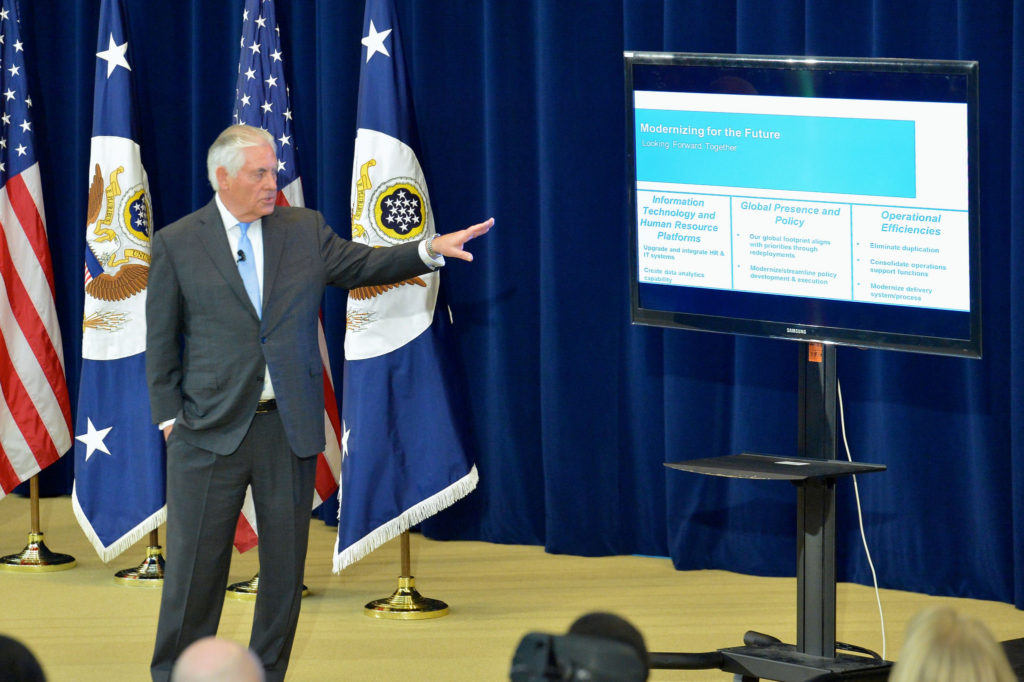 So what if many of America’s most senior career diplomats have been forced out by the Trump administration? Thousands of their former colleagues remain in the Foreign Service and are more than capable of getting the job done. This is what the administration, including the State Department leadership, has been saying for months.
So what if many of America’s most senior career diplomats have been forced out by the Trump administration? Thousands of their former colleagues remain in the Foreign Service and are more than capable of getting the job done. This is what the administration, including the State Department leadership, has been saying for months.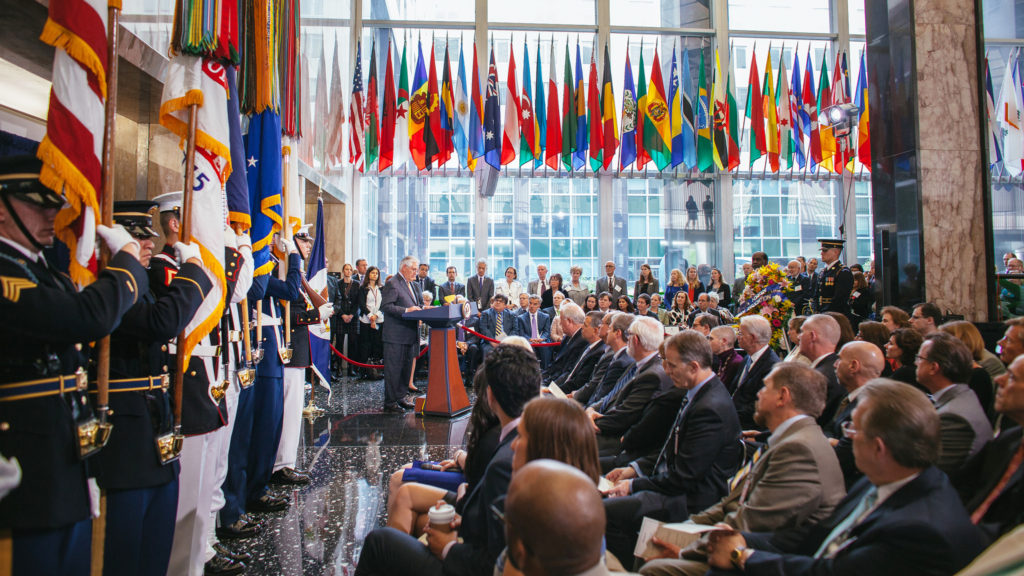 President Trump doesn’t bother to hide his disdain for diplomacy. As he has made clear repeatedly, most recently during his Asia trip, in his book, compromising, seeking common ground and accommodating other countries are negatives that betray weakness. His concept of deal-making apparently has little to do with sustained and principled diplomacy, and he sees little value in institutional memory, long-term strategy and cultivating a complex web of relationships in favor of a transactional foreign policy based on the needs of the moment.
President Trump doesn’t bother to hide his disdain for diplomacy. As he has made clear repeatedly, most recently during his Asia trip, in his book, compromising, seeking common ground and accommodating other countries are negatives that betray weakness. His concept of deal-making apparently has little to do with sustained and principled diplomacy, and he sees little value in institutional memory, long-term strategy and cultivating a complex web of relationships in favor of a transactional foreign policy based on the needs of the moment. As Susan Johnson watched recently how Defense Secretary James Mattis spoke to a small group of American soldiers overseas, she admired his leadership and wished someone could do the same for the civilians on the front lines of national security in the U.S. Foreign Service.
As Susan Johnson watched recently how Defense Secretary James Mattis spoke to a small group of American soldiers overseas, she admired his leadership and wished someone could do the same for the civilians on the front lines of national security in the U.S. Foreign Service.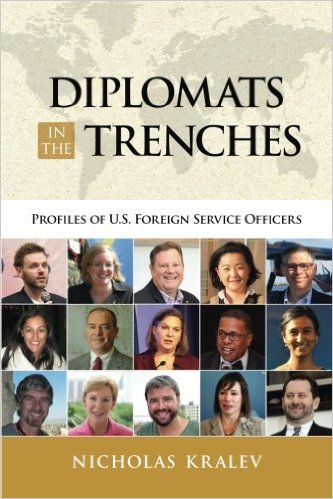 Most Americans, like ordinary people everywhere, don’t relate to diplomacy — to the extent they think about it at all, they view it as something that happens in a stratosphere of officialdom, far out of their reach. They also believe that it has little to do with their lives.
Most Americans, like ordinary people everywhere, don’t relate to diplomacy — to the extent they think about it at all, they view it as something that happens in a stratosphere of officialdom, far out of their reach. They also believe that it has little to do with their lives. Ken Kero was working in the political section of the U.S. Embassy in Berlin in 2006, when he met a German film editor and photographer named David Mentz. Two years later, they got married and changed both their last names to Kero-Mentz.
Ken Kero was working in the political section of the U.S. Embassy in Berlin in 2006, when he met a German film editor and photographer named David Mentz. Two years later, they got married and changed both their last names to Kero-Mentz.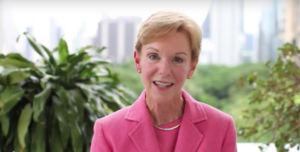 Kristie Kenney often seems upbeat and chipper, but on the day I first met her in 2012 in Bangkok, where she was the U.S. ambassador, she was especially excited, in anticipation of a rare event the next day.
Kristie Kenney often seems upbeat and chipper, but on the day I first met her in 2012 in Bangkok, where she was the U.S. ambassador, she was especially excited, in anticipation of a rare event the next day.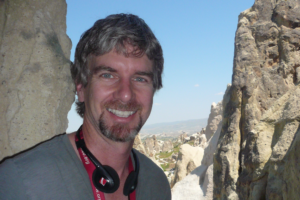 Hans Wechsel was a 29-year-old restaurant manager in Oregon with a degree in secondary education in 1999, when his career took a drastic turn. Having passed the Foreign Service entrance exams despite his lack of foreign affairs experience, he became a diplomat.
Hans Wechsel was a 29-year-old restaurant manager in Oregon with a degree in secondary education in 1999, when his career took a drastic turn. Having passed the Foreign Service entrance exams despite his lack of foreign affairs experience, he became a diplomat. Sumreen Mirza’s path to the Foreign Service began in her parents’ homeland, Pakistan. She was an intern at an NGO in the southern port city of Karachi in 2002, when the U.S. Consulate there was attacked in a massive explosion that killed 15 Pakistanis.
Sumreen Mirza’s path to the Foreign Service began in her parents’ homeland, Pakistan. She was an intern at an NGO in the southern port city of Karachi in 2002, when the U.S. Consulate there was attacked in a massive explosion that killed 15 Pakistanis.